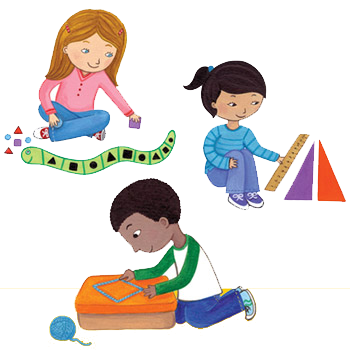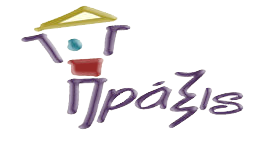Music Therapy
WHAT IS MUSIC THERAPY?
Music therapy is a form of therapy that has been practiced since the 1940s and aims to increase the patient's ability to participate more actively and creatively in his life, making use of his or her potential and highlighting his personality.
It is based on the idea that the response to music is an innate human quality that is not harmed by injury, disability or mental trauma. Music can be a therapeutic tool and some reasons are the following:
- Γίνεται κατανοητή χωρίς να είναι απαραίτητη η ομιλία ή η εικονογράφηση
- Προκαλεί αντίδραση και επικοινωνία
- Προσφέρει και προκαλεί συναισθήματα
- Προσφέρει συναισθηματική ασφάλεια και σιγουριά εξαιτίας των κανόνων που τη διέπουν ( αρχή, τέλος, επανάληψη στο ρυθμό και στη μελωδία).
Music is used as a means of finding a way of communication between a therapist and a therapist, in order to develop the healing of his communication mechanisms, to become acquainted with himself and his abilities in order to better adapt to his immediate and indirect social environment.
The therapist does not teach music, nor does he encourage the patient to play in a specific way. It tries to accompany, support and broaden the musical or other stimuli the therapist gives, encouraging him to create his own language of communication.
Music therapy is aimed at children and adults who face:
- Motor or mental disabilities
- Psychological or emotional problems
- Behavioral or communication problems
- Learning difficultiesLearning difficulties
Music therapy can be applied with individual or group sessions. The group participants also learn to team up, share, imitate, listen to each other and interact.
These elements are particularly useful and beneficial especially for children. Also, children are ideal music therapy recipients, because beyond the spontaneity and musicality that they have by their very nature, they develop more easily other ways of communicating than speech, which is the typical way of our culture.
Με μέσο τη μουσική ένα παιδί μπορεί να εκφραστεί και να επικοινωνήσει αυτοσχεδιάζοντας με μελωδία, ρυθμό, ή κίνηση.

Καταφέρνει έτσι:
- Να ενισχύσει την αυτοπεποίθηση και τον αυτοέλεγχο του
- Να μειώσει το φόβο, την αγωνία και το άγχος του.
Στις συνεδρίες τα παιδιά ακούγοντας διάφορα είδη μουσικής ή εφαρμόζοντας απλά μουσικοκινητικά παιχνίδια ή χρησιμοποιώντας απλά μουσικά όργανα, μπορούν να αυτοσχεδιάζουν, να παίζουν δημιουργικά και αυθόρμητα, να αξιοποιούν τη φαντασία τους και να επικεντρώνουν την προσοχή τους σε συγκεκριμένες δραστηριότητες.
Στον κόσμο ενός παιδιού με αναπηρία ή αυτισμό, γεμάτο από περιορισμούς και απομόνωση, η μουσική το βοηθά να επικεντρωθεί στα πράγματα τα οποία το άτομο μπορεί να κάνει, αναπτερώνοντας την αυτοεκτίμηση και τον ψυχισμό του, προσφέροντας αποδοχή, επιλογές και εναλλακτικούς τρόπους επικοινωνίας.
Θετικά αποτελέσματα από μουσικοθεραπεία έχουν παρατηρηθεί σε θεραπευομένους στο επίπεδο του λόγου, της επικοινωνίας, της κίνησης, της δυνατότητας συγκέντρωσης και της κοινωνικότητας. Πολλές φορές τα αποτελέσματα αυτά είναι εντυπωσιακά ακόμη και σε περιπτώσεις που άλλα είδη θεραπειών δεν αποδίδουν στον επιθυμητό βαθμό.
